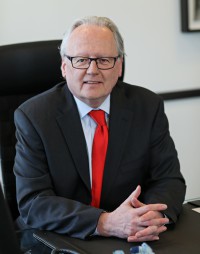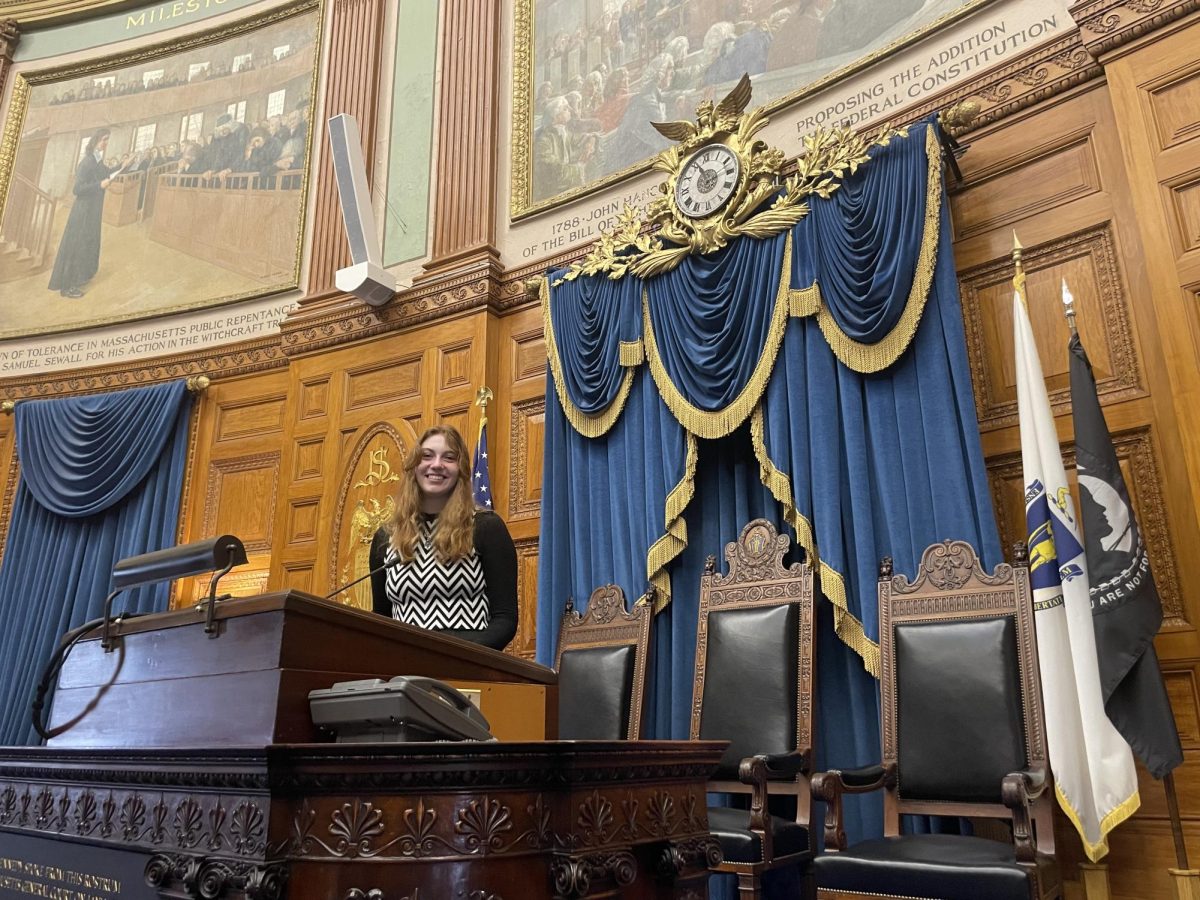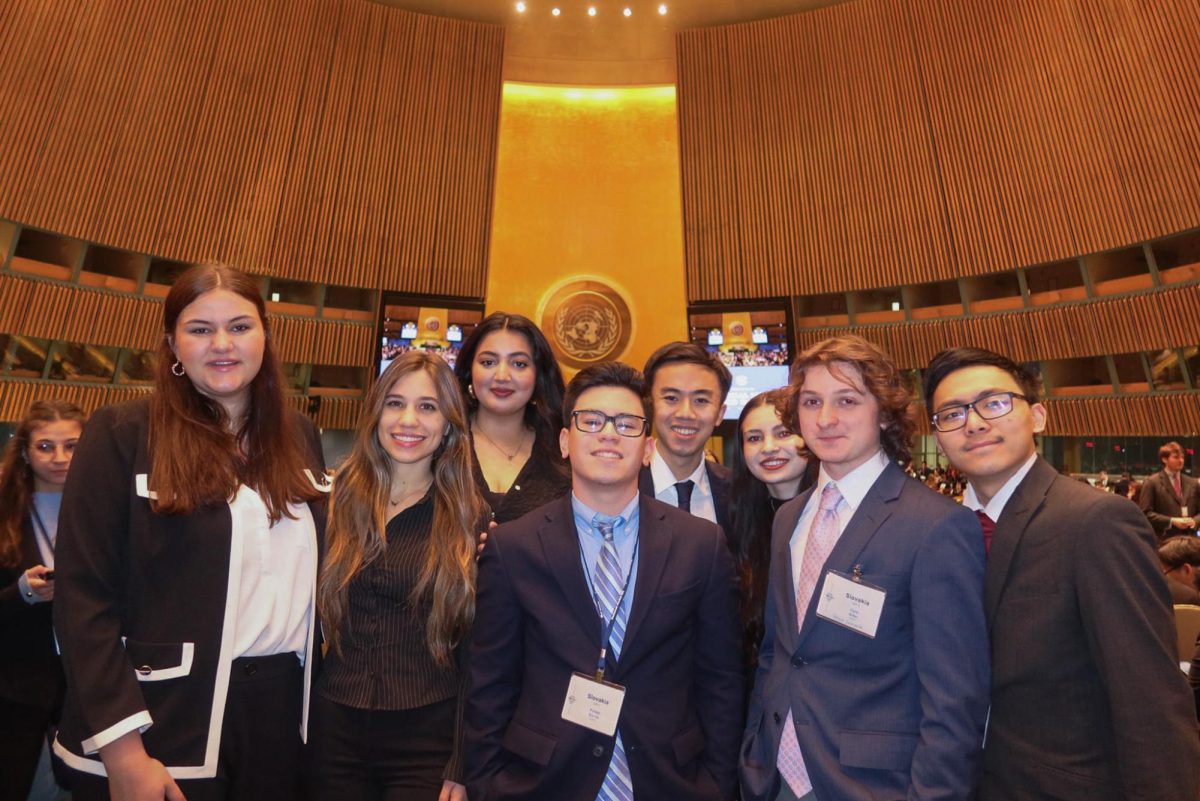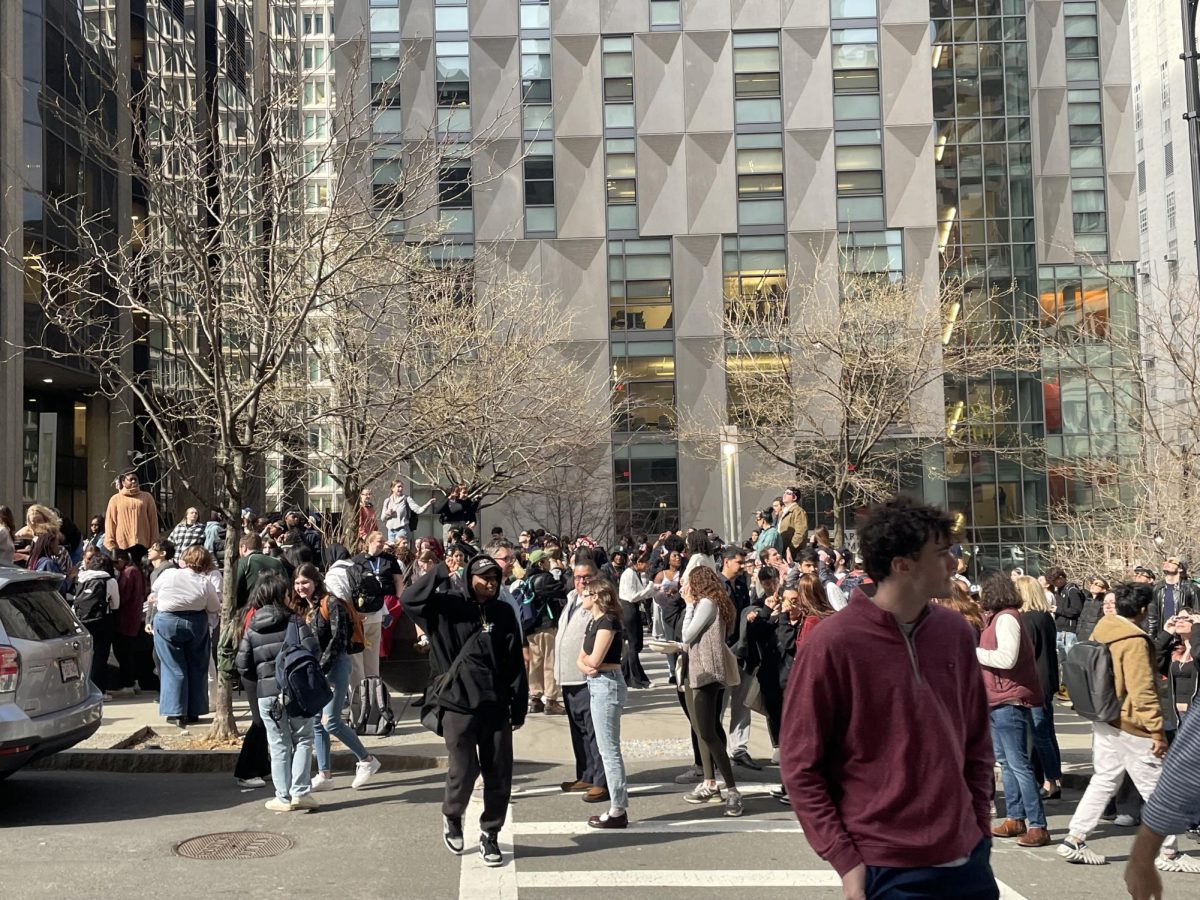After Suffolk University released its faculty handbook in April, many professors raised concerns about a new practice of post-tenure review and the lack of peer review outlined in the university’s plans.
Professors requested that the handbook be revised to address these issues – most importantly the concern about the chance of dismissal after post-tenure review and the lack of peer review in that process. In May, faculty voted 96 to 6 for a new handbook with changes.
In an interview with The Suffolk Journal on May 29, Suffolk University President James McCarthy said that no changes were expected to the handbook, and that professors had a misunderstanding of some of its guidelines.

“I think that there’s a broader movement in higher education for a greater amount of accountability,” said McCarthy. This brought upon the reason to call for an more structured review for professors after they have achieved tenure, he said. Currently, 246 professors have tenure.
The review will be every five years, McCarthy said, and is much like the review process carried out by many other institutions.
Typically, professors apply for tenure after six or seven years with the university.
The Boston Globe published an article concerning the post-tenure review on April 24, where McCarthy told a reporter that “Suffolk is not ending tenure.”
The article sparked letters to the editor from two Suffolk professors: John C. Berg and David G. Tuerck, of the government and economics departments respectively.
Berg has been a professor at Suffolk for 40 years and has had tenure since 1982. Only one thing has changed in the practice of tenure since he was awarded – Suffolk has since instituted what Berg called the “up and out move,” meaning if a professor is not awarded tenure after applying, he or she must leave the university by the end of the next academic year.
Berg said Suffolk has “always had post-tenure review” but that administration is “changing the procedure.” In previous years tenured professors were reviewed annually by their department chairs, he said, but now reviews will be carried out every five years by deans and the provost, as outlined in the handbook.
“Normally the assumption is the tenured people are going to stay tenured,” said Berg, who described the reviews as “a cumbersome process.”
“It’s a lot of work that isn’t necessarily required,” he said. “Its going to be a lot of work for whoever does the reviewing as well.”
Though it will be extra work, McCarthy told the Journal it is necessary due to the changing world of higher education.
“Parents and students and donors and the government want us to be able to demonstrate that we’re accountable, so, we have to do that,” he said.
One of the largest complaints concerning the handbook and post-tenure review was the lack of peer review.
“Almost everything the faculty said was completely ignored,” according to Berg, who like other professors believes peers should be involved.
McCarthy said an aspect of peer review will be in the making of the handbooks specific for the College of Arts and Sciences and the Sawyer Business School.
“To characterize this as ‘there’s no peer review,’ that’s just not accurate,” said McCarthy. “It ought to be the case that post-tenure review has a parallel set of peer reviewed elements, there’s no peer level review because this is the set of university policies, not school policies.”
Another major complaint from professors was the fear their jobs could be terminated if they were marked as not meeting or only partially meeting expectations of the administration.
McCarthy stressed that this will not be the case – the chance that faculty will have to terminate a professor will be “very rare.” Though, in a rare case, it is a possibility.
“Tenure has never been a guarantee of employment regardless of what you do. There has always been the possibility that a tenured professor could be dismissed,” he said. “My take is that they’re concerned that this might lead to a broadening of the conditions that might lead to faculty being dismissed. Thats not my concern because I don’t see it as that.”
For professors who are going above their expectations, McCarthy said there could be the opportunity of a pay raise.
“All of course subject to budget in a given year,” he quipped.
After seeing the Globe article on post-tenure review, Hilary Wenzel, who graduated in 2012 with a degree in journalism and now lives on Cape Cod, spoke out to the Journal in support of the new procedures.
“My sentiment is that every teacher should be held accountable whether they’re tenured or not,” said Wenzel. “I think that’s a step in the right direction.”














